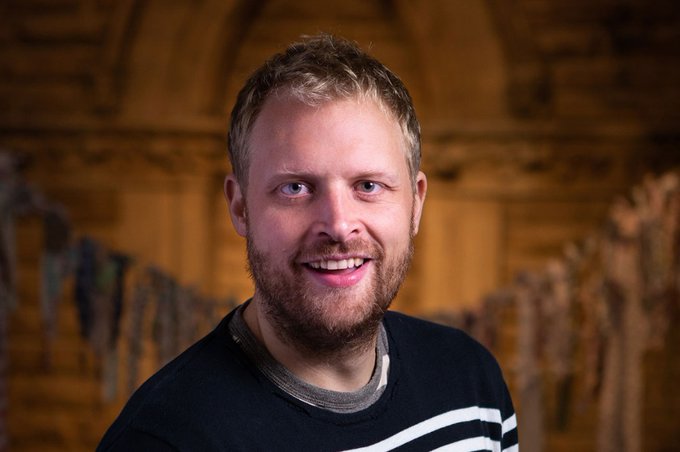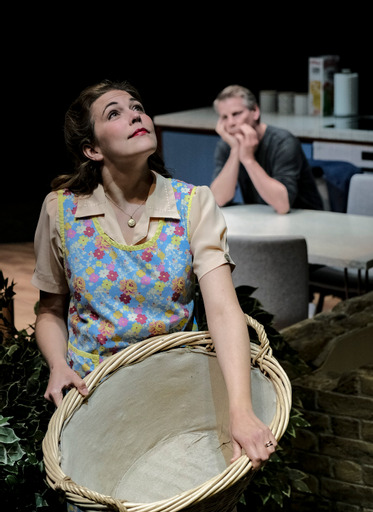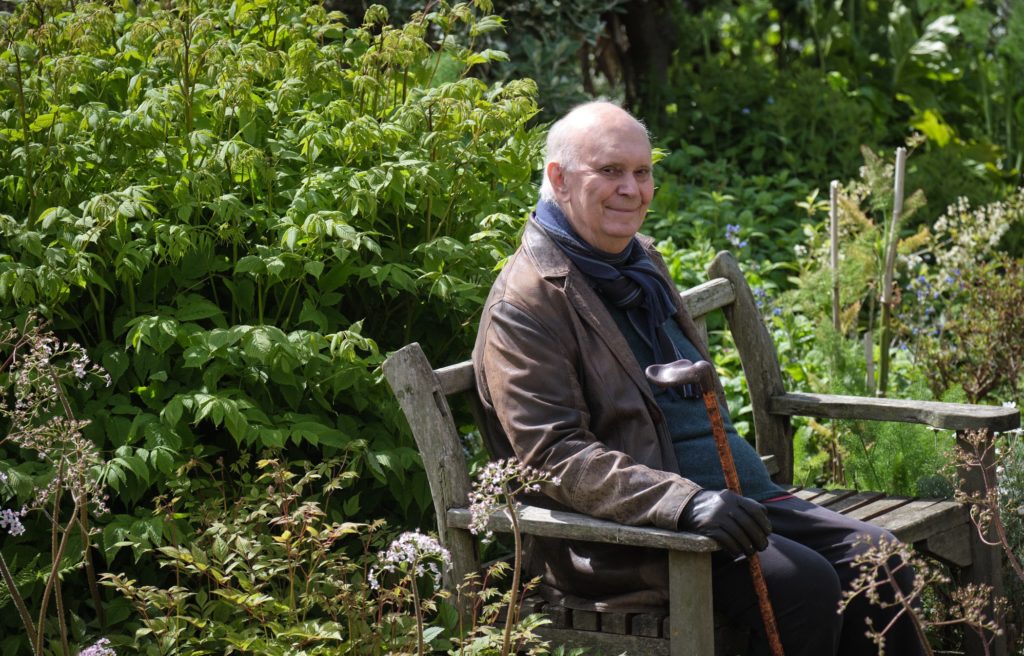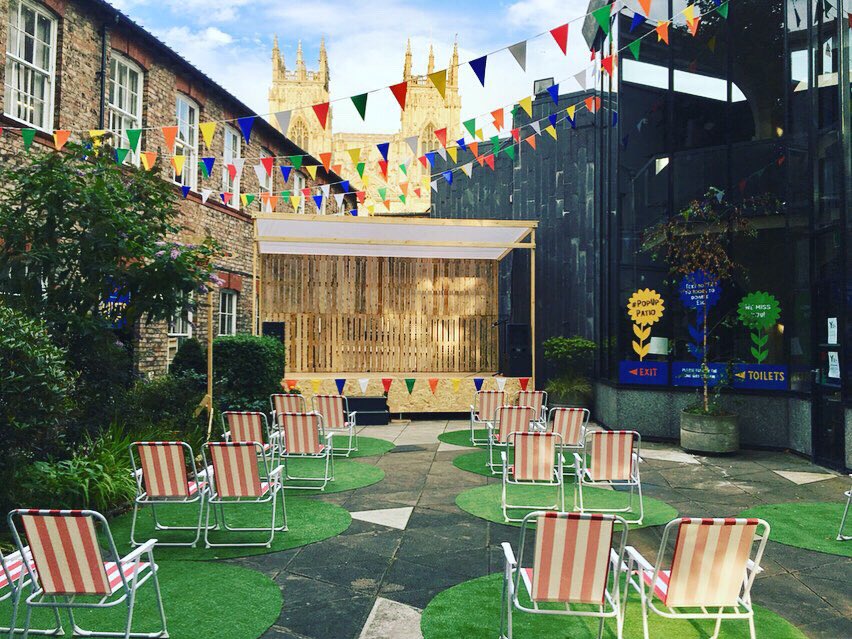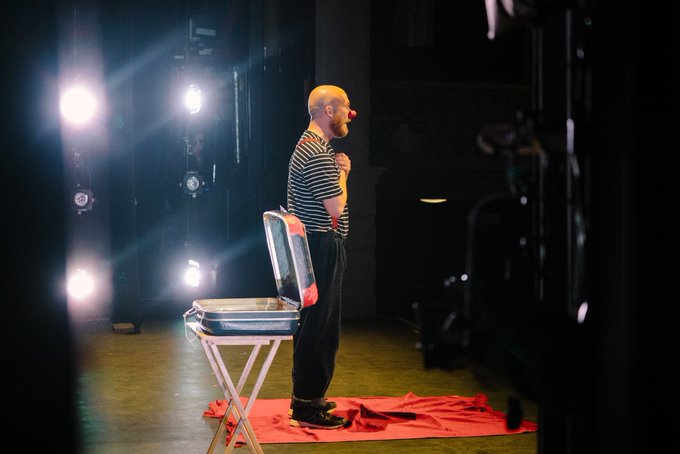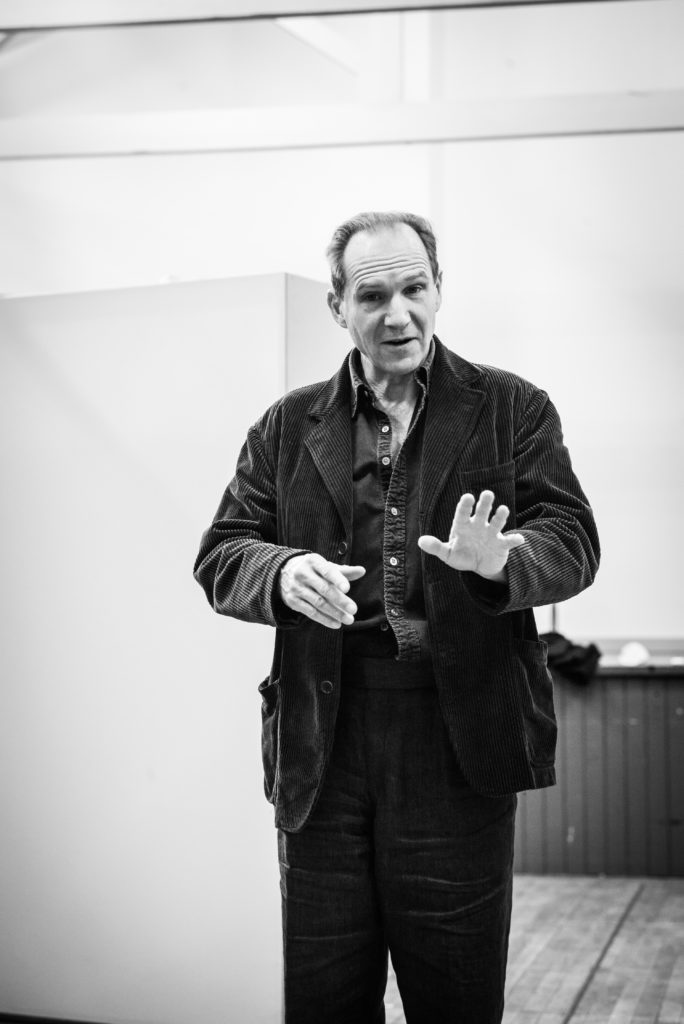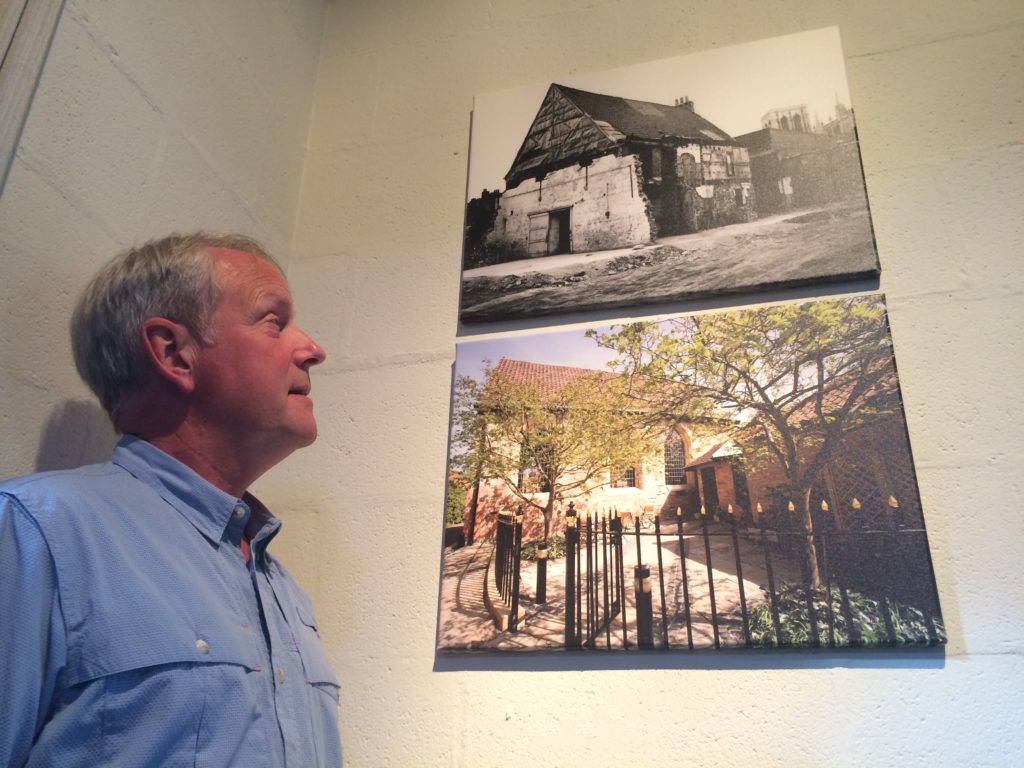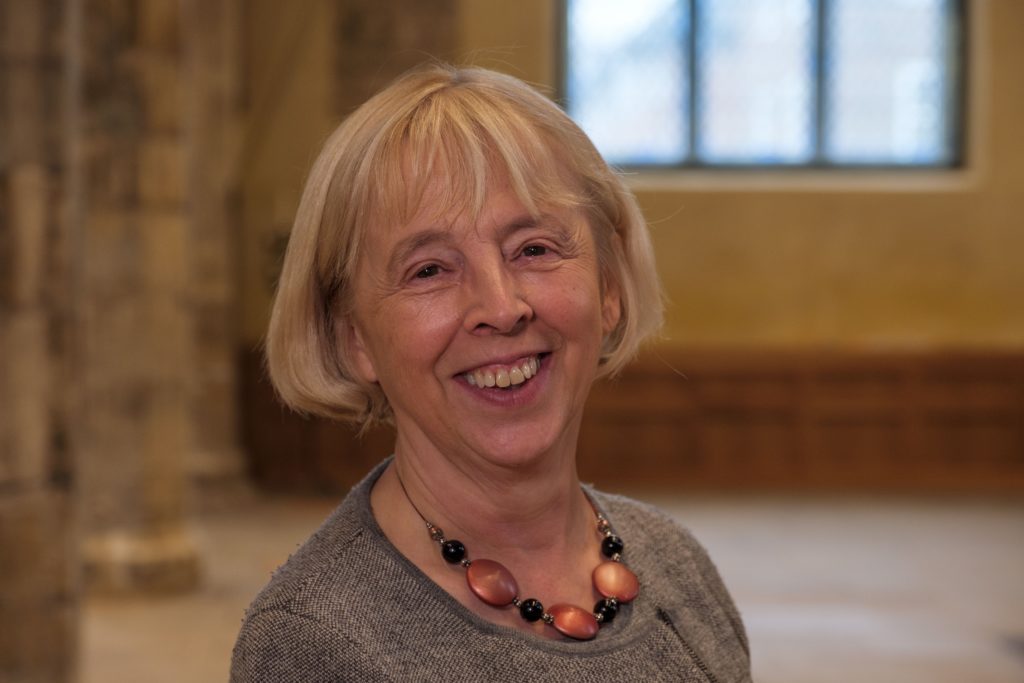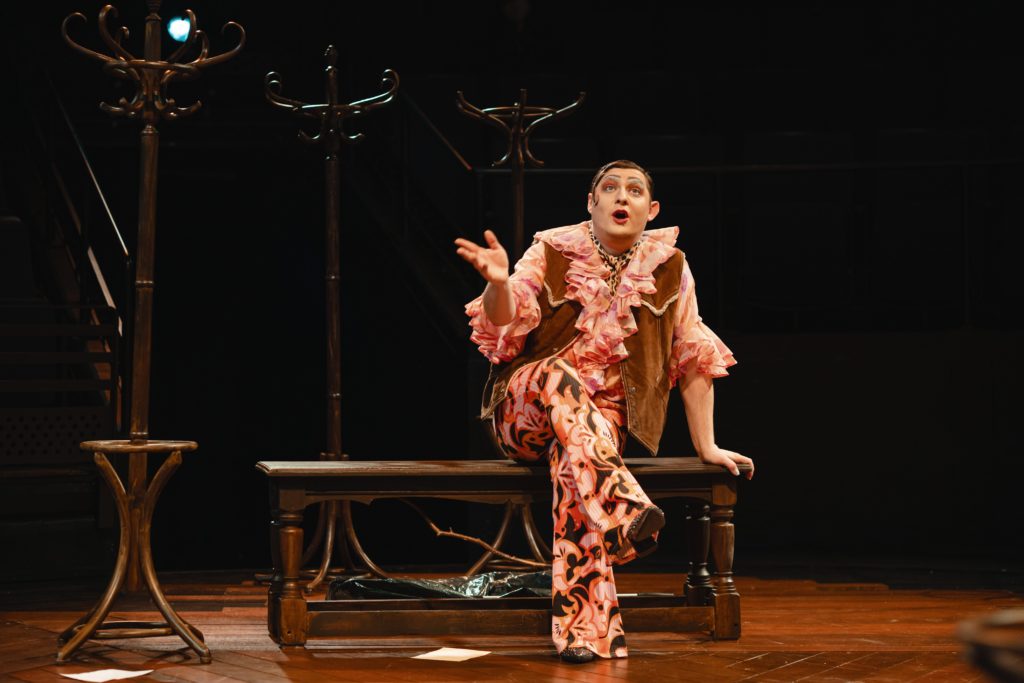
FINGERS crossed that Northern Broadsides’ As You Like It can go ahead at York Theatre Royal from next Wednesday after the Covid curse struck Laurie Sansom’s cast this week.
Tuesday’s performance at the Stephen Joseph Theatre was cancelled, but one cover was in place for Wednesday, only for further positive tests to rule out all the Scarborough run.
Let’s hope for positive news but negative readings come next Wednesday when, all being well, and all 12 being well, artistic director Sansom’s multi-cultural, gender-diverse cast can resume performing Shakespeare’s flamboyant and joyous “play for our times”.
As You Like It is the Halifax company’s first full-scale production since the beginning of the pandemic. “I took over here three years ago, and we’d just got JM Barrie’s Quality Street out the door when Covid stopped the tour after only a month. We lost four months of shows [including York Theatre Royal] but made the decision to pay the company for the full run as we had the money to do so,” says Laurie.
“Funding from the Culture Recovery Fund enabled us to survive, to set ourselves up on the digital platform – we’ll be filming As You Like It with the help of Pilot Theatre while we’re in York – and to future-proof ourselves, leading to us starting work on As You Like It.”
The Covid hiatus brought Northern Broadsides the chance for a re-think too. “It allowed us to step back and look to diversify our talent pool, and now we have such a diverse company on stage, in terms of gender identity, ethnicity and neuro-divergence,” says Laurie.
Taking to York Theatre Royal’s main stage in designer EM Parry’s high-fashion costumes will be “12 fabulous northern actors”, including non-binary and disabled performers, .
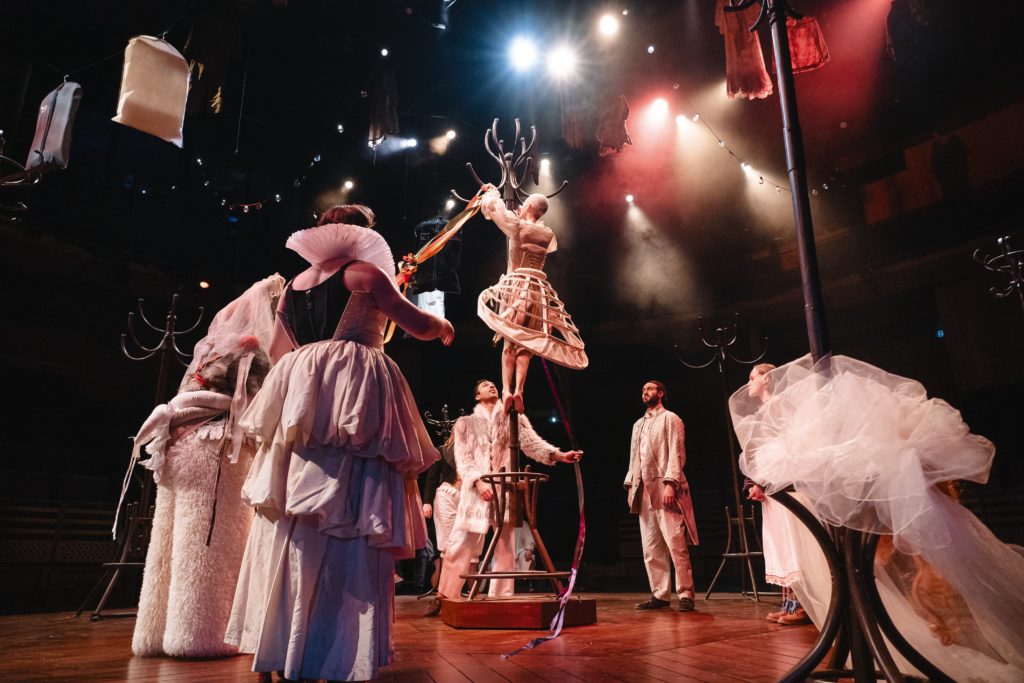
“The pandemic has thrown up a lot of challenges, but it’s certainly refreshed me and allowed the company to bring fresh eyes to Shakespeare, which Broadsides has always done, but now with a slightly different slant, where we’re also trying to expand our audience, appealing to younger people while still playing to our established audience, as we look to break down the perceived barriers about class and who goes to theatre.”
Billed as a world premiere, Sansom’s bold staging of As You Like It “challenges us to imagine a new future”, one that captures the joy of live performance and the crazy power of love to change the world while addressing Shakespeare’s timeless themes of gender, identity, power and romance.
When high-spirited Rosalind and devoted cousin Celia are no longer welcome in the ruthless Duke’s stylish but stifling court, where competitive machismo is championed over basic human decency, they escape from his toxic entertainment empire into the forest in disguise, accompanied by drag queen Touchstone.
As the seasons change and old hierarchies crumble in this magical place, normal roles dissolve and assumptions are turned on their head in an elaborate game where gender, class and sexual desire are fluid.
“The Forest of Arden is a place where ‘if’ runs rampant,” says Laurie. “People adopt new names, new clothes and new lovers in this free-form forest with no rules.
“They experience new feelings and dive into them willy-nilly; they play many parts and make many entrances and exits. It’s as if everyone has stepped through the wardrobe into another world but not without taking a lot of fabulous clothes with them.
“Our new production takes us deep into the joyful possibilities of ‘if’, and asks if all the world’s a stage, can all the men and women be whoever they want to be?”
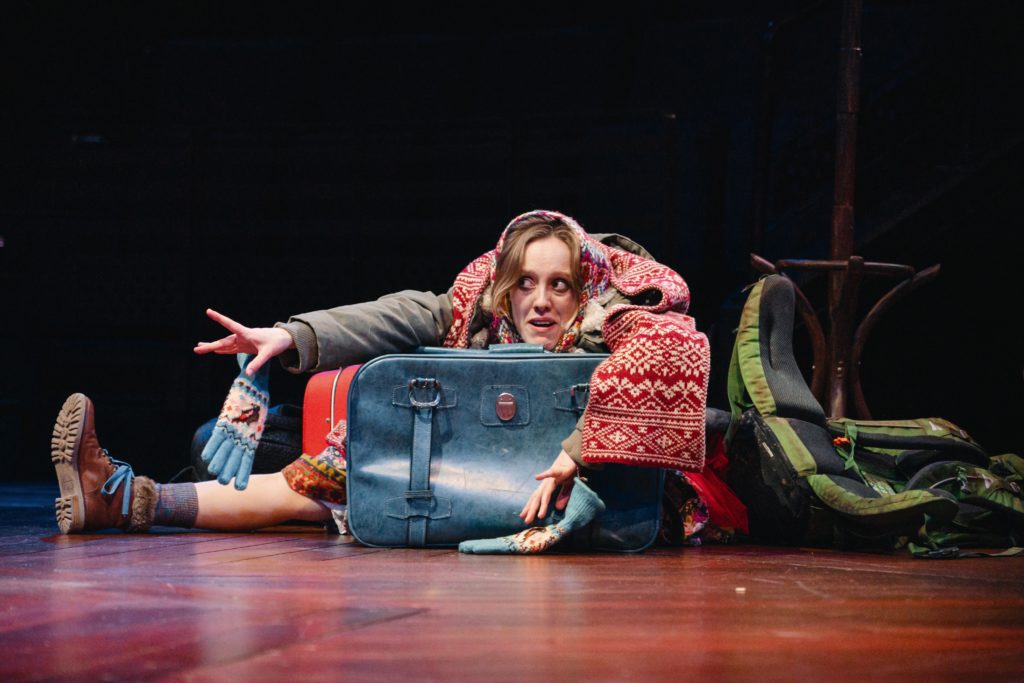
Laurie’s desire was to make “something ambitious in terms of design, costume and casting, but with the clarity of the verse-speaking still there”. “That way we can be bold in how we present the play,” he reasons. “The baseline is that we work first to ensure that we understand everything in the text, taking out anything that’s obscure to modern audiences, because Shakespeare is so crystal clear when played with intention and clarity.”
The choice of As You Like It for Northern Broadsides’ return to live theatre reflected the impact of Covid lockdowns, turgid days and weeks of rules, prescribed lives and being allowed out of the house for only an hour’s exercise.
“This has been a time when people have had the chance to think about who they want to be, their identity, and have come to appreciate nature much more,” says Laurie.
“Of all of Shakespeare’s plays, this feels the most restorative, opening up the possibility of making a new world based on open-hearted acceptance of each other and living in harmony with the natural world. This feels like a play for our time, challenging us to imagine a new future that is more playful, accepting and connected.”
Key to this bravura new world production too is the set and costume design of EM Parry, who says: “In our version of Arden, when the characters escape to the forest, they go through the wardrobe, Narnia-like, into a giant dressing-up box of queer possibility, a place where time, gender, sexuality, love, class, and all the hierarchies and binaries of identity and power can be questioned and turned upside down.
“Expect a world where a blizzard blows out of a hatbox, dresses change colour with the seasons, coat stands turn into trees and flowers grow up between the floorboards. Expect a world where a god turns up to a wedding, and who you are and who you fall in love with today can change as winter changes to spring, or a coat turns inside out.”
Over to you, Lateral Flow Tests. Watch this space for an update on next week’s run.
Northern Broadsides in As You Like It, York Theatre Royal, March 23 to 26, 7.30pm; 2pm, Thursday; 2.30pm, Saturday. Box office: 01904 623568 or at yorktheatreroyal.co.uk.

